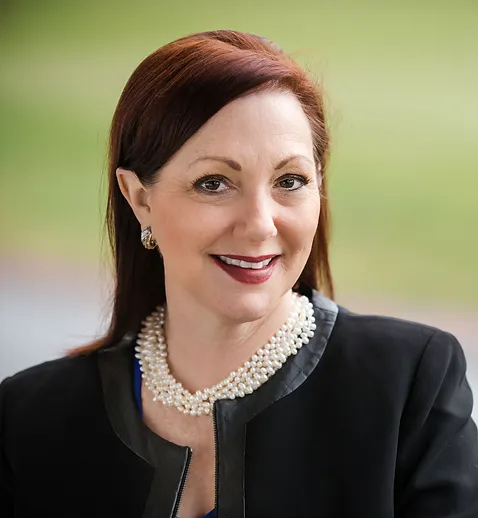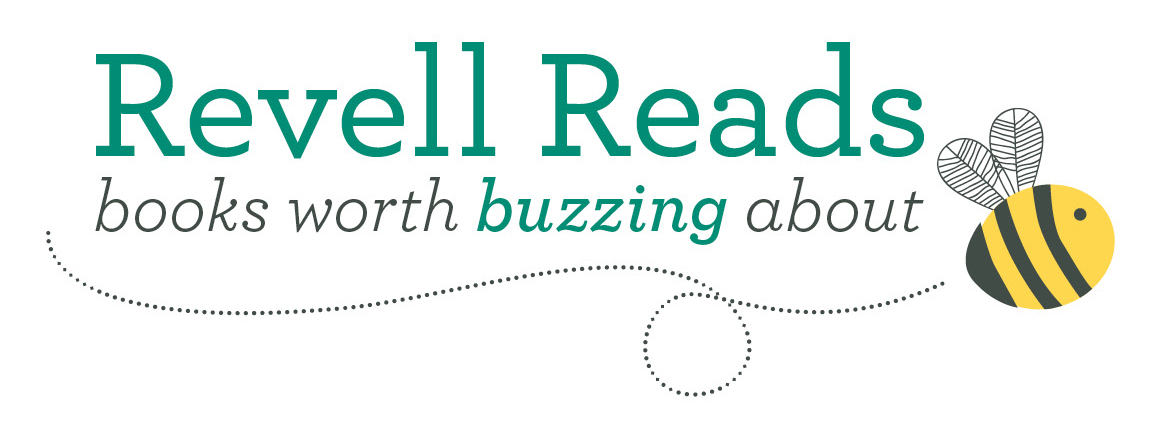Genre: Historical Romance
My Rating: Four and a half out of five hearts ♥♥♥♥
About the Book:
Alice-Ann Branch is just your normal country girl growing up in 1940's Georgia, but she's got a secret- she's in love with her brother's friend, Mack. When she finally gets to tell him how she feels, he's about to leave to do his part in the war effort, and Alice-Ann is left to wonder if her feelings are returned. Time passes, and their letters draw them closer, but suddenly tragedy strikes. Alice-Ann finds comfort in reading to her best friend's war-injured brother, but will she ever find a one true love?
My Review:
Several words I could use to describe this '40's romance are nostalgic, beautiful, and very sweet. The time period alone captivates me, and Mrs. Everson captures very well- one of the best I've seen so far. I really got into it not just as a setting from long ago, but actually as how life used to be.
And the romance- I won't give it away, but it was just so (to use that word again- it really applies to this novel) sweet, so perfect, that it brought tears to my eyes. It was so real, and more true to life, I felt, even than some of my favorites; if I ever fall in love, I can imagine it being like that.
 Alice-Ann is such an engaging character, and I thoroughly enjoyed watching her grow from the naive sixteen-year-old she starts out as to the mature, caring woman she grows to be. She is thoughtful, slightly quirky, witty and just altogether very lovable. The characters as a whole are very engaging, and the town of Bynum definitely had lots of small-town charm.
Alice-Ann is such an engaging character, and I thoroughly enjoyed watching her grow from the naive sixteen-year-old she starts out as to the mature, caring woman she grows to be. She is thoughtful, slightly quirky, witty and just altogether very lovable. The characters as a whole are very engaging, and the town of Bynum definitely had lots of small-town charm.
Granted, the story was, at times, perhaps a bit slow, but this is not some action or adventure novel; not a mystery or a fantasy. It is real life, and portrays it beautifully. Also, there were several instances where I felt like a chapter or two would end on a mini cliff-hanger, and then go by unresolved (except for some instances) and unnoticed by the main character. This wasn't really a big deal, though, and didn't tamper much with my opinion of the story.
Altogether, this was a very pleasant book, one I'd recommend to any '40's aficionado, or anyone, really, looking for a sweet, slow romance. It really will capture your heart!
Note: I got this book from Tyndale House Publishers in exchange for an honest review. All opinions are my own.
And here are portions from a Q&A (conducted by Tyndale) with the author, Eva Marie Everson. Very interesting seeing the research involved in the making of the book and all the other true stories she found about WWII!
Q & A with Eva Marie Everson
Author of The One True Love of Alice-Ann
Photo from Mrs. Everson's website
Eva Marie Everson is an award-winning, bestselling author of over 30
fiction and nonfiction titles, including Five Brides, The Road to Testament,
the Cedar Key series, the Potluck Club series (with Linda Evans
Shepherd), God Bless Us Every One, Reflections of God’s Holy Land
(with Miriam Feinberg Vamosh), and others. She is the president of Word
Weavers International, the director of Florida Christian Writers
Conference, and a member of a number of writers’ organizations. Eva
Marie and her husband make their home in central Florida, where they
are owned by a small black doxie.
What inspired you to write The One True Love of Alice-Ann?
This whole story started with the title. I was working on another project when the title The One True Love of Alice-Ann popped into my head. I thought, “That’s a cool title . . . ,” and I wrote it down. I went back to my project, but I kept looking over at the title. Then, as if inspiration just sprang up, I remembered a story our neighbors (both of whom have been deceased for a while) told my husband and me—their love story from World War II. I took that story, changed it slightly, wrote it down, ran it past my critique partner—she loved it—so I sent it to my editor at Tyndale . . . and then I got back to work!
What role does faith play in the story?
Alice-Ann has a major life decision to make, and she can only make it with God’s help. But also, I think faith was much more of a natural reality in the ’40s. People went to church. Sunday morning, Sunday night, Wednesday night . . . They prayed for the troops. Actively. Sincerely. This was a different time in America (and one I wouldn’t mind seeing us go back to—as far as faith is concerned!).
What lessons or truths do you hope readers will take away from The One True Love of Alice-Ann?
That when we take our distresses to God, he not only hears our cries, but he and he alone can wrap us up in his great big arms and show us the right path to take. He alone can ease our pain. You know, he loves us so much . . . he sent his Son to die for us. He won’t let us down now.
How did writing this story influence your perspective on the stateside effects of WWII, and more specifically on women’s roles during the war?
During the writing, I went to see a friend of mine who is in a veterans’ home in South Carolina. As I arrived, a hearse pulled in. After I met my friend in the cafeteria, I learned that one of the veterans living there had passed away. I accompanied my friend to the “graduation” ceremony. I have to tell you . . . since I’d researched the era and I was in the midst of writing the book, I started crying and couldn’t stop! As far as women’s roles, I learned that everyone stepped up to the plate. Everyone. Young. Old. Women. Men. Children. Everyone. My mother used to tell me stories of rolling up yarn and waving to the soldiers who were coming out of Camp Stewart (which is in the book!) and heading down 301. She was only about six to ten years old during the war, but even she had a part in the effort.
Please describe how you portrayed the US labor camps for European POWs and why you included that perspective in the story.
My grandmother used to talk about the POWs who worked the fields with them. She said only the nicest things about them. Then, as I was writing, Bulloch County, Georgia, marked the site of the camp—ceremony and all. I read the (long) article printed in the paper and discovered that the woman they interviewed was the wife of one of my relatives! So I dug a little deeper. The fact is, the POWs helped keep the farms going. The men were at war. The women and children and farmers left behind did what they could, but they needed help. My uncle told me that one day a week, the children were let out of school to go work the farms. That’s all just so amazing to me! See what I mean about a different era?
What are some future projects you’re working on?
I just finished writing a biography on Eric Liddell with Rev. Eric Eichinger for Tyndale. Amazing, amazing, amazing story! I’m very active as the president of Word Weavers, as the director of Florida Christian Writers Conference, and with my work with new writers. And somewhere in all that, I’ve got another “based on a true story” popping around in my head. :)



![About [span]me[/span]](https://scontent-iad3-1.xx.fbcdn.net/v/t1.0-9/21317951_428793254184642_8407368185998172738_n.jpg?_nc_cat=0&oh=af697a8036e92d5bacac66a7d2da5045&oe=5C382B7B)

